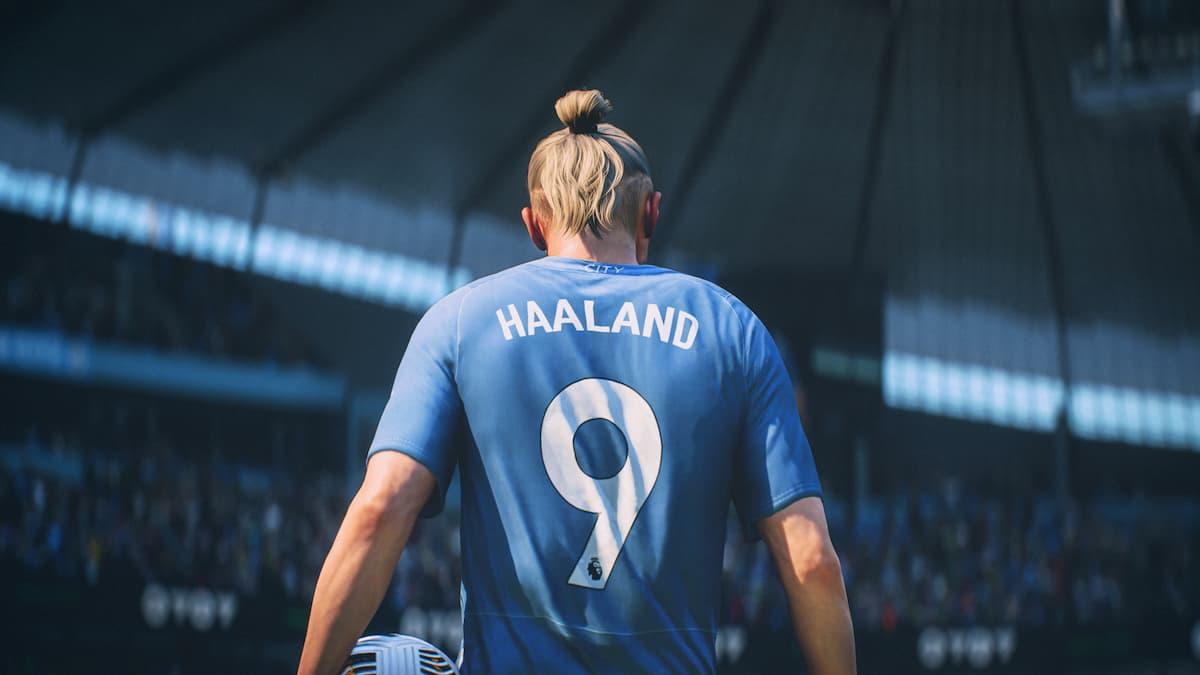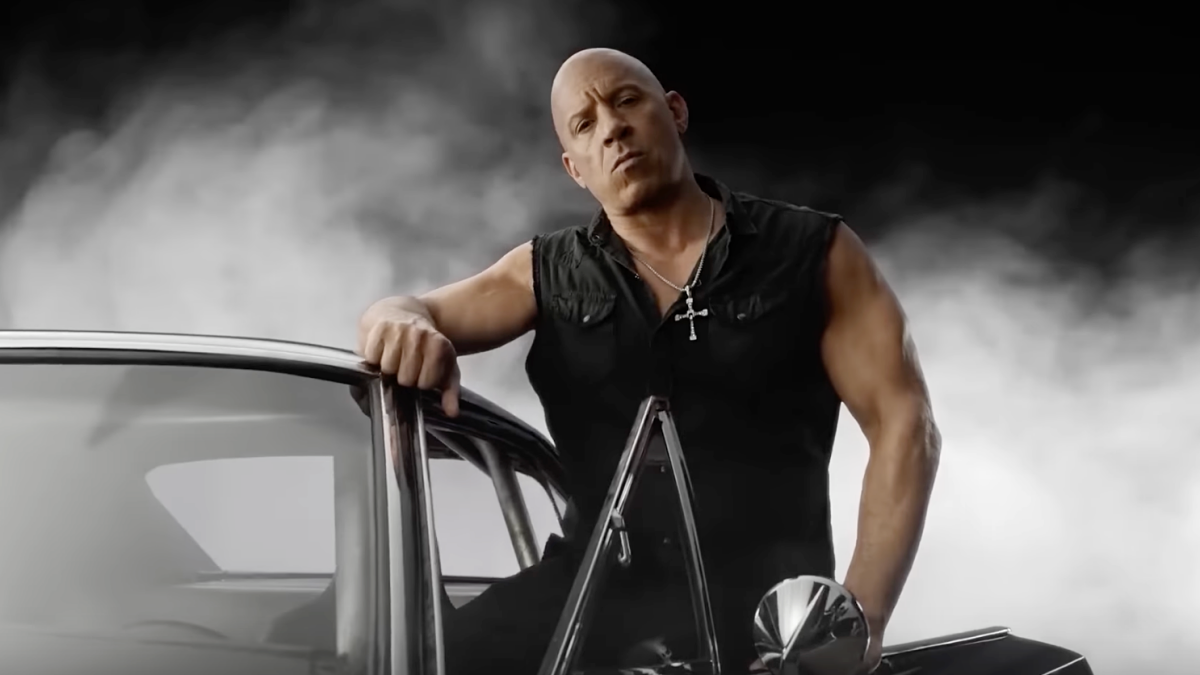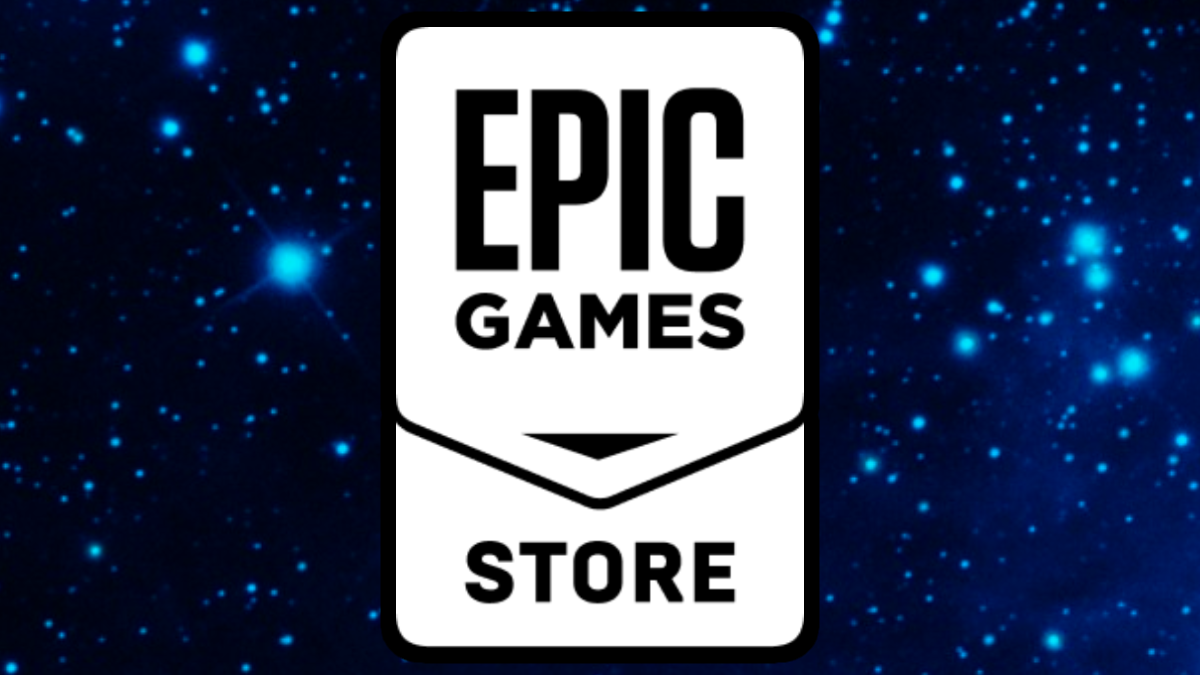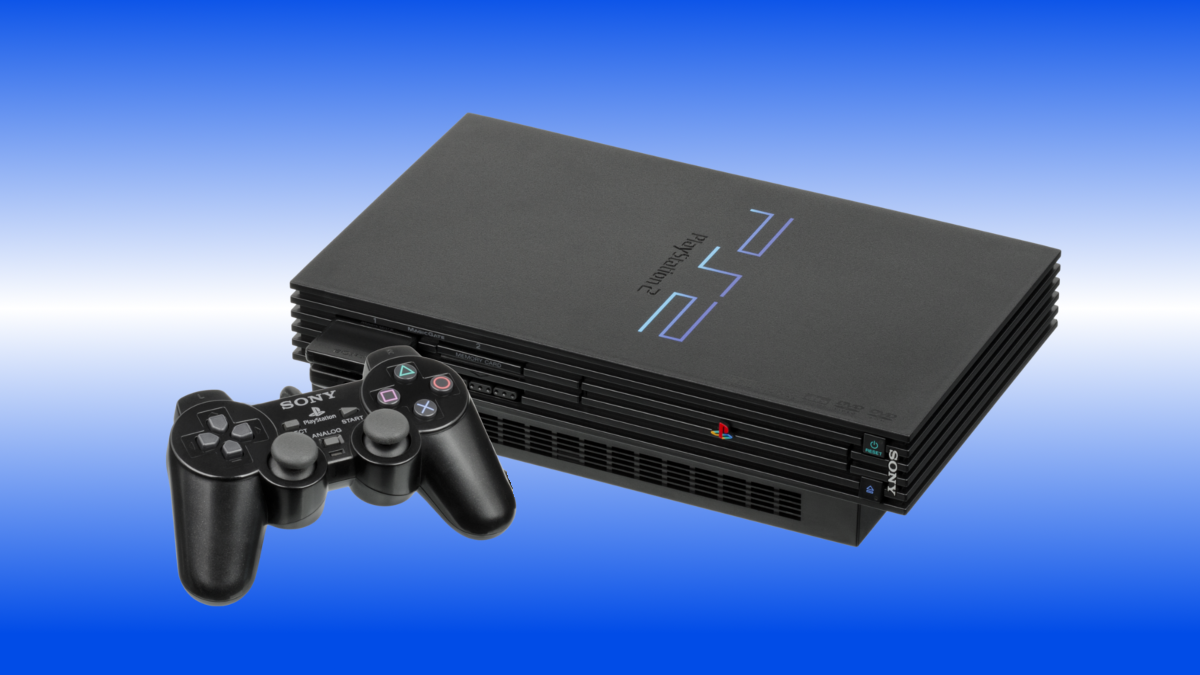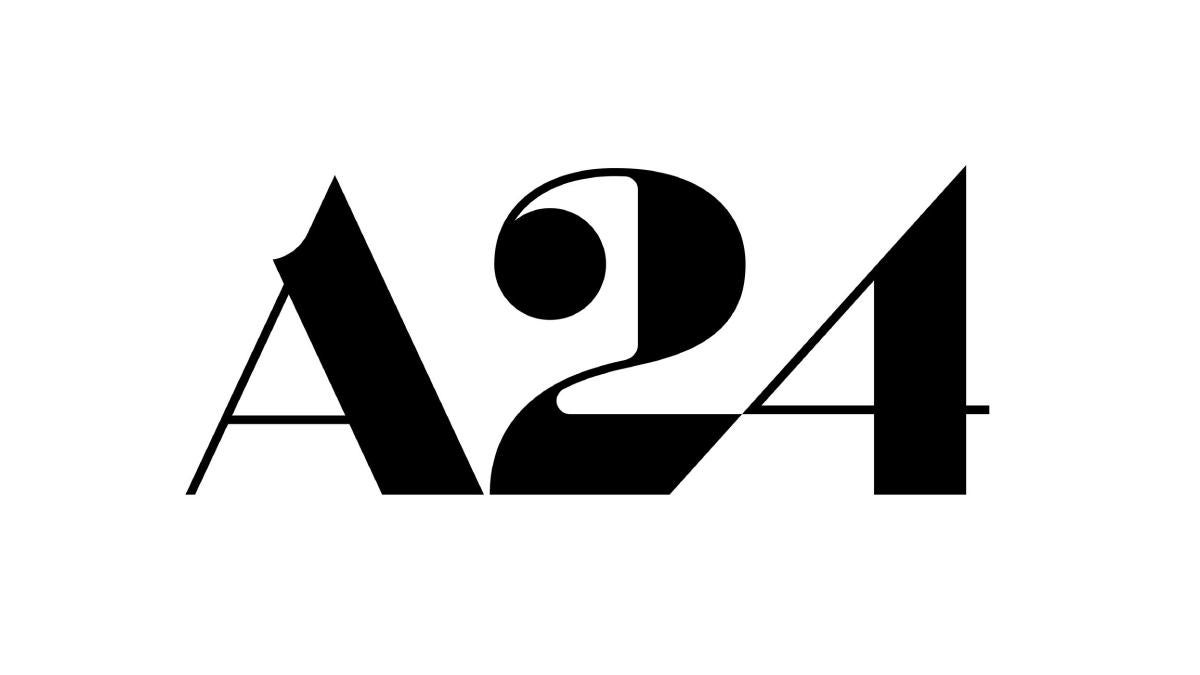The First Omen Director and Star Open Up About the Frightening Prequel Film
Nell Tiger Free and Arkasha Stevenson talk the terrifying experience.
A number of iconic horror franchises have been revived in a variety of ways over the years, whether that be with reboots, sequels, or prequels, and many of which fall short of fan expectations due to merely being opportunities to cash in on familiar brands. With The First Omen, however, writer/director Arkasha Stevenson and star Nell Tiger Free saw an opportunity to venture into a world that was seemingly familiar to tell an entirely unexpected tale that offers a more layered exploration of unexpected topics within that recognizable world. The First Omen hits Digital on May 28th, Hulu on May 30th, and Blu-ray and DVD on July 30th.
The First Omen is described, "In this psychological horror prequel to the classic Omen films, a young American woman is sent to Rome to begin a life of service to the church. Soon, she encounters a darkness that causes her to question her faith, and that reveals a terrifying conspiracy to bring about the birth of evil incarnate. The First Omen stars Nell Tiger Free (Servant), Tawfeek Barhom (Mary Magdalene), Sonia Braga (Kiss of the Spider Woman), Ralph Ineson (The Northman), and Bill Nighy (Living). The film is directed by Arkasha Stevenson based on characters created by David Seltzer (The Omen), with a story by Ben Jacoby (Bleed) and a screenplay by Tim Smith & Arkasha Stevenson, and Keith Thomas (Firestarter)."
Certified-Fresh on Rotten Tomatoes, The First Omen comes with never-before-seen bonus extras on the May 28th Digital release and also on the Blu-ray/DVD release arriving July 30th. Limited-edition Blu-ray and DVD packages include collectible artwork and special edition packaging designed to celebrate the legacy of The Omen franchise.
ComicBook caught up with Stevenson and Free to talk about developing the prequel, challenges on set, and more.
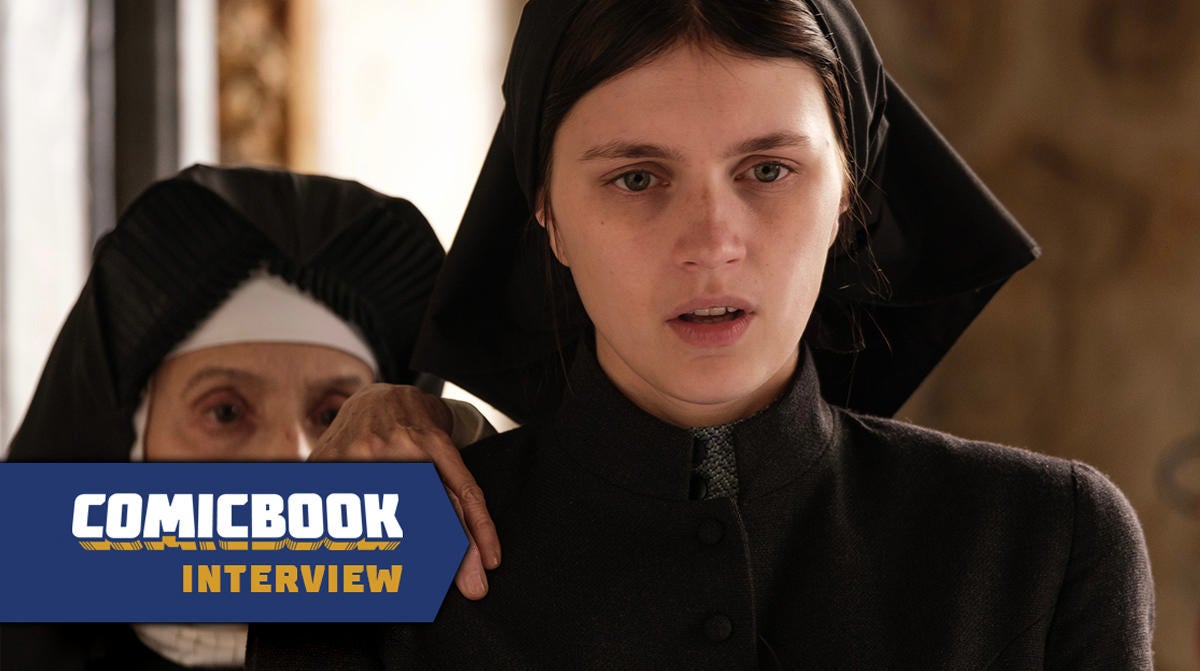
ComicBook: If I get no other answer today, Arkasha, there's one thing that's been plaguing my mind ever since I saw this movie: as someone from western Massachusetts, why was Margaret from Pittsfield, Massachusetts?
Arkasha Stevenson: Man, that was not the question I thought you were going to ask me. I thought, you were wearing a Possession shirt, I was like, "Yes, you're right. It's a Possession homage."
Just for the record, that was in the script before I came on board.
Nell Tiger Free: I think it was purely for the "Pissfield" gag. I honestly do.
Stevenson: Yeah, all love to Massachusetts.
That's not the first time I've heard Pittsfield referred to as "Pissfield," so you know more about western Massachusetts than you're letting on, trying to claim that it was in the script beforehand. But I can rest easy now, I can finally sleep at night. I really appreciate you answering that for me. Nell, I know that with this movie, Arkasha did such a great job of using the script and the direction and the editing to really evoke the 1970s and capture the spirit of the original The Omen. For you as a performer, did you approach the material in any different way than you would with a contemporary storyline? Did you heighten or change things in your performance, or leave that all up to your director?
Free: No, I didn't. I think I just approached it ... I think I performed Margaret the same way that I would've performed her if she was from 2024. Just because when we watch films from the '70s, the acting is heightened, but I think we wanted this to feel as real as possible. So yeah, no, there's not much of an homage or a nod to the '70s in my performance. I left that in the far more capable hands of Kash, and just tried to play her as real as possible, really.
Arkasha, you brought this up with the Pittsfield reference specifically, just about how this project had changed hands and bounced around between a few different concepts and filmmakers over the years. How drastically did you overhaul what the project was when you came on board? Was it pretty similar to those origins and then. also, once you got involved, did you go through major rewrites on your own script?
Stevenson: Yeah, it's interesting because I think that it was so fun to see these different iterations of The First Omen, because there's so many different parallel universe movies out there. But I think what was interesting was, I thought the structure was really fantastic, how it ended up bridging into the original 1976 Omen, because that meant that we had a lot of real estate to play around with a new character and being able to create our own style and sensibility. But it was a little bit more focused on the relationship between Carlita and Margaret and a little bit more grounded in religious horror. And I think just, naturally, because I was bringing my own fears to the story, it became much more about the body, and I think the paranoia that women live in, and how the female body is such a target. And so with that in mind, I think all of the set pieces really started to morph into more body-horror set pieces.
Speaking of body horror, Nell, was there a particular scene, whether it was maybe something much more gruesome or physically taxing than you imagined, or even something more subtle that required a lot of takes, was there a scene from the script that you thought was just going to be a simple thing to take care of that once you actually got on set, proved to be way more challenging?
Free: The scene where I get possessed, I think on the page, originally it was written as, "Margaret crawls out of the car."
Stevenson: It was a classic, "Atlanta burns."
Free: Something like that. "Margaret crawls out of the car, becomes possessed." Honestly, it was really truncated and so small. And then one of the earliest conversations me and Kash had was her saying, "So ..." She gave me the Possession reference and it was also like, "I want to create something like this and this is what I imagine it to be." And I was like, "Oh. Right, okay." And that was really early on when we spoke about that.
And so it was building up because I knew how important that scene was to you, and I had no idea what my version, my interpretation of Kash's image in her head, what that was going to turn out and look like. That was definitely a fun one to anticipate and get to figure out. But a lot of things evolved from the page to what they ended up being. Reading it and watching it, it's a very different experience, for sure. But yeah, and it's always fun. You never know with Kash, we just keep pushing and changing and trying stuff out, really.
Stevenson: It was really fun because we did ... Before you came on board, we were missing the biggest part of the movie. So when you were finally there and we were creating Margaret, and you have amazing instincts, and so everything was evolving once Nell was able to bring input and everything. And for the record, when I showed you the Possession reference, your reaction was like, "Okay, got it. Yes." And I was like, "Oh."
Free: I was like, "Yeah, cool."
Stevenson: And then beyond that, we didn't really talk too much, and you just did it. And I loved that because it was explosive. It was like, "No, I've got this."
Free: I mean, I was totally faking. I had no idea what I was going to do.
Stevenson: I mean, it was electric. It was four in the morning, we just smashed a car, and Nell came on set and I said, "Do you want music? Do you want to talk?" And she said, "No, I'm just going to do it." And then she did it and everybody was terrified and just electrified. It was amazing.
Arkasha, there's the scene, the, "It's all for you," the homage to the original movie, but taken up to a more horrifying version of it. Was that another thing that was in the script when you came on board? Was that something you avoided but then it just came up organically? Was it a touchstone that you knew you wanted to work in? How did that specific scene, specific mirroring of the original, come into your story?
Stevenson: Yeah, it was interesting. I think that's such a pivotal scene for horror fans and just for horror history. And so that was always in the script and I was always not wanting to even talk about it because I was very nervous, and just knew that, because it's such a sacred scene, that it would be hyper-analyzed. And how do you redo that? How do you redo that scene in a new, fresh way? Because the whole horror of that scene is that it's this random act of violence that comes out of nowhere. And if you do that in the prequel, the second somebody goes to a height, you know exactly what's going to happen and it deflates the entire scene.
Something that we were all talking about quite a bit is that this is a horror movie, but also a lot of the horror comes from tragedy. Because you fall in love with Margaret so much, it's a painful movie to watch, more so than it is a scary movie to watch. And so reapproaching that scene through a very different tone, which is Ishtar [Currie-Wilson], who plays Sister Angelica, who hangs herself, she said, "I don't think she wants to do this. I think she's really quite scared and feels obligated to, but maybe doesn't want to do it." And so she brought this almost like a very childlike sadness to the performance, which makes you just ... It's more heart-wrenching, I feel like.
I know you didn't want to get ahead of yourselves before the movie came out, about, "How are we going to do sequels?" But now that it's out there, people love it, it's got such great reviews, clearly fans were interested in this, have there been talks between the two of you about how to continue Margaret's journey? Or do you think it's like, "Let's take some time to breathe and relax and get away from this horrifying body horror,"?
Free: I mean, I don't want any time to breathe and relax, personally, I don't know how you feel.
Stevenson: I'm relaxed already. I'm always relaxed.
Free: We talk about it together just conversationally, what it would be.
Stevenson: Yeah. We've also taken a blood oath to only work together on Omen movies for the rest of our lives.
Free: We'll be making 100 of them.
And lastly here, Nell, your costar Ralph [Ineson] is going to play this guy called Galactus in the Marvel universe. And The Omen, of course, is a big franchise IP--
Free: Is he?
Stevenson: This is news.
Oh, yeah. This was maybe two weeks ago, Ralph was cast as Galactus in The Fantastic Four.
Stevenson: What?
Free: We have to call him.
Stevenson: Oh, my God.
Free: Oh, my God, That's so exciting.
Stevenson: Brilliant.
So for you, Nell, I'm just curious, whether it's Marvel or a Star Wars or a Star Trek, do you have a big franchise that you're a fan of that you'd like the chance to play in, like a big, studio universe type of thing?
Free: I mean, if Harry Potter was still going.
Stevenson: Oh, my gosh.
Free: When it was the OG, I would've loved to have been Hermione.
Stevenson: You would've been a wonderful wizard.
Free: But yeah, that's probably my one. I mean, to be honest, I actually haven't seen Star Wars, so I don't know if I could be, what, an Ewok or something?
Stevenson: Oh, the most beautiful Ewok.
You're a little too tall.
Free: Oh, really?
Ewoks typically are like three, three and a half feet tall.
Free: Are they? Okay. Then I'd be a big one. [Arkasha and I] could be Ewoks together.
Stevenson: Yes.
Well, Marvel is Disney, so Ralph, I'm sure, will put in a good word for the two of you to be able to play Ewoks in the next Star Wars.
Free: Oh, we got a room full of Disney peeps. They heard it here. We want to be Ewoks. We're getting a thumbs up.
Stevenson: Sold.
Free: We're sold.
The First Omen hits Digital on May 28th, Hulu on May 30th, and Blu-ray and DVD on July 30th.
This interview has been edited for length and clarity. You can contact Patrick Cavanaugh directly on Twitter.
